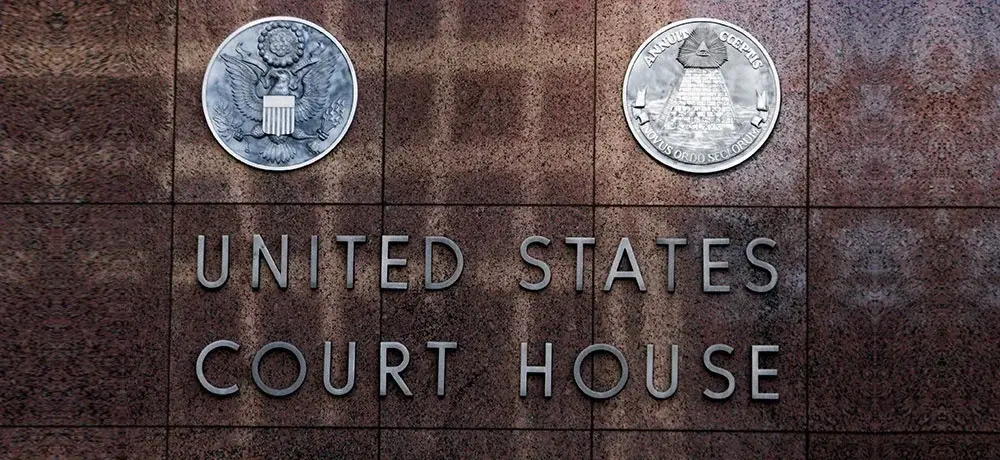
Federal Court Blocks both the DOL wage hike rule and the DHS H-1B rule
Categories: Attorneys , Business Immigration , Business Law , Citizenship , Citizenship Green Cards , Commercial Litigation , Commercial Transactions , Corporate Law , Green Cards , Immigration Law , International Law , Investment Visas , Law Firm , Lawyers , Legal Services , Real Estate , Software Agreements , Technology Law , Trusts And Estates
Link: https://www.courthousenews.com/federal-judge-nixes-new-rules-restricting-h1-b-visas/
Pasricha & Patel
The U.S District Court for the Northern District of California has blocked the further implementation of the Department of Homeland Security’s Interim Final Rule (IFR), Strengthening the H-1B Nonimmigrant Visa Classification Program, as well as the Department of Labor’s interim final rule, Strengthening Wage Protections for the Temporary and Permanent Employment of Certain Aliens in the United States, in the matter of (Chamber of Commerce, et al. v. DHS, et al., 12/1/20)
The DOL’s interim final rule, entitled “Strengthening Wage Protections for the Temporary and Permanent Employment of Certain Aliens in the United States,” had gone into immediate effect starting on October 8, 2020, and without the requisite Notice and Comment requirement set by federal regulations. This rule changed how the prevailing wages were calculated within the context of H-1B and PERM wage determinations.
Separately, the DHS’s regulations that were scheduled to take effect on December 8, 2020, would have allowed the DHS to change the regulatory definition and standards for determining what a “specialty occupation” is, and it would have greatly shortened the validity period of H-1B approvals for third-party placement H-1B petitions to maximum of one (1) year.
In both instances, the District Court for the Northern District of California determined that defendants had failed to demonstrate that there was good cause to forego the Administrative Procedure Act (APA)’s Notice and Comment requirements before implementing these rules.
At this juncture, it is not clear whether the DOL or the DHS will follow the District Court’s ruling and withdraw these interim final rules and try to re-introduce them later, or whether the government agencies will decide to appeal the lower court’s ruling.
Due to the fluid nature of this district court ruling, we encourage readers to check back with us should there be any further developments to this matter.
Should readers have any specific questions about this ruling or any other questions about immigration, we suggest you contact our office to schedule consultation and discuss your matter further with us.